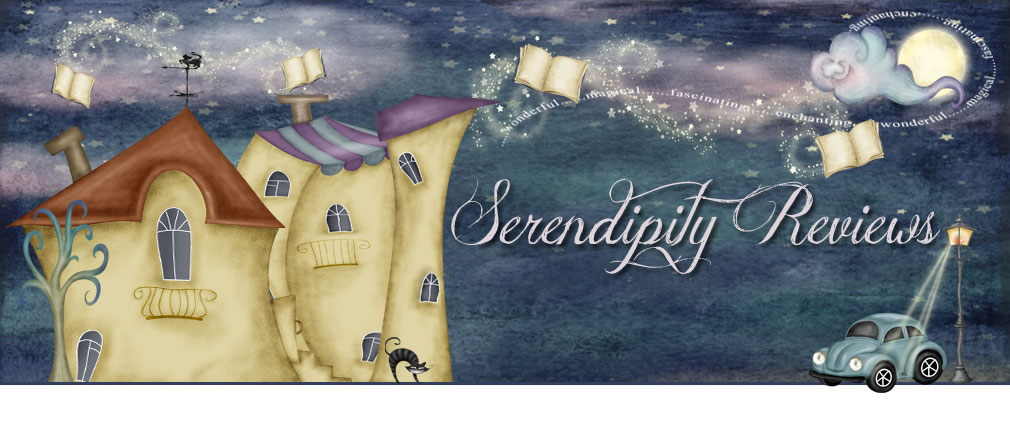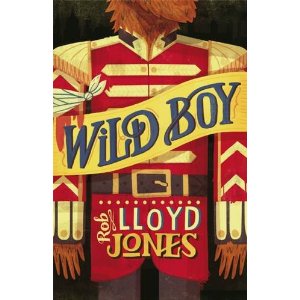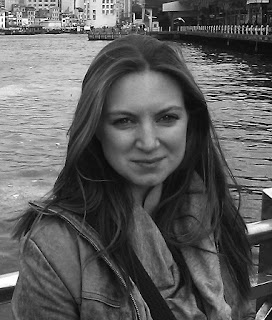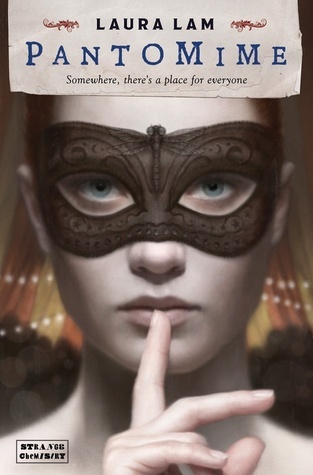As part of the Wild Boy blog tour, I am pleased to welcome Rob Lloyd Jones on the blog today, to tell us how not to write a detective story.
There are always rules aren’t there?
Everything we do, everywhere we go: rules, rules, rules. Don’t talk with your mouth full. Don’t run in the corridor. Never juggle raw eggs. We are bound by mean spirited, fun-sapping rules.
What’s worse is that I’ve always been a bit of a stickler for them. I’d love to describe myself as a law breaking, risk taking rebellious spirit. But the fact is I break out in cold sweats whenever the speedometer nudges 75 on a motorway.
That’s why I love writing. Sometimes - when it’s going well - I feel like the Incredible Hulk, tearing free of his shackles and smashing enemy soldiers away with mighty sweeps of his arms.
Sort of, anyway.
Fiction offers us a world without rules, with infinite possibilities. We can do anything, go anywhere, behave however we like.
But I had a problem.
I wanted my first novel - Wild Boy - to be a mystery story. The hero is both a freak show performer and a master detective. There are murders, clues, red herrings and a masked killer lurking in a fairground. I wanted it to be melodramatic, over the top, in the style of classic detective stories of the 1920s and 1930s; the so-called Golden Age of detective fiction.
And those stories had rules.
There are lists of these things; commandments that fans of the genre insist you must follow. I wont guide you to them because I dislike them, but they aren’t hard to find with a little Googling. Mainly they are based on a single original list, set down in the 1928 by the mystery writer Willard Huntington Wright, but they’ve been refined, lengthened and debated ever since. They state things like:
No secret passages are allowed!
Secret societies have no place in a detective story!
You may not include any ciphers or code letters!
Avoid any scenes not directly linked to the central mystery of the plot!
Of course, as soon as I read these rules, I thought:
Oh.
Really?
I mean, didn’t realize.
I’ll stop telling this story immediately.
I’ll have the rules tattooed behind my eyelids, so that each time I blink I am reminded of them.
I understand why these rules exist. Classic detective tales are presented as puzzles - brain games rather than stories. And all games need rules to keep them fair. The players need to know that, if they get involved, they stand a chance of winning.
Also, some of these books are brilliant. I adore John Dickson Carr’s intricately devised ‘impossible crimes’ - murders in locked rooms, knifed or strangled corpses discovered in snow or on muddy tennis courts with no footprints.
They are gripping, and often superbly written. But I don’t recommend them as stories. They are not stories, not really. Because they are not about people. I suspect - although I don’t know this for sure - that their authors began with the crime and the clues, and wove their characters around it. Every good detective story needs a fiendishly baffling mystery to drive its plot. But too often in classic detective fiction, the plot is all that matters.
I wanted to write about someone. I wanted to let him guide the story, and see where it took him. So I chose to ignore the rules, and I wrote my detective story exactly the wrong way, according to the list makers. The puzzling crimes do not just happen for Wild Boy to solve - they happen because of him, although he doesn’t know why. That is the mystery he must solve, using his incredible detective skills and a lot of help from his circus-star friend
Clarissa.
Did it work? I’m not sure. Some people have said they guessed the killer before it’s revealed, while others were surprised. To be honest I’m happy either way - as long as they were moved by Wild Boy’s story, and not just turning the pages only to find out whodunit.
And those rules I listed as examples above? I can happily report that I broke every one of them.
Wild Boy by Rob Lloyd Jones is published by Walker Books in April. To read a review, please click here.
To find out more about Rob Lloyd Jones:
Twitter





